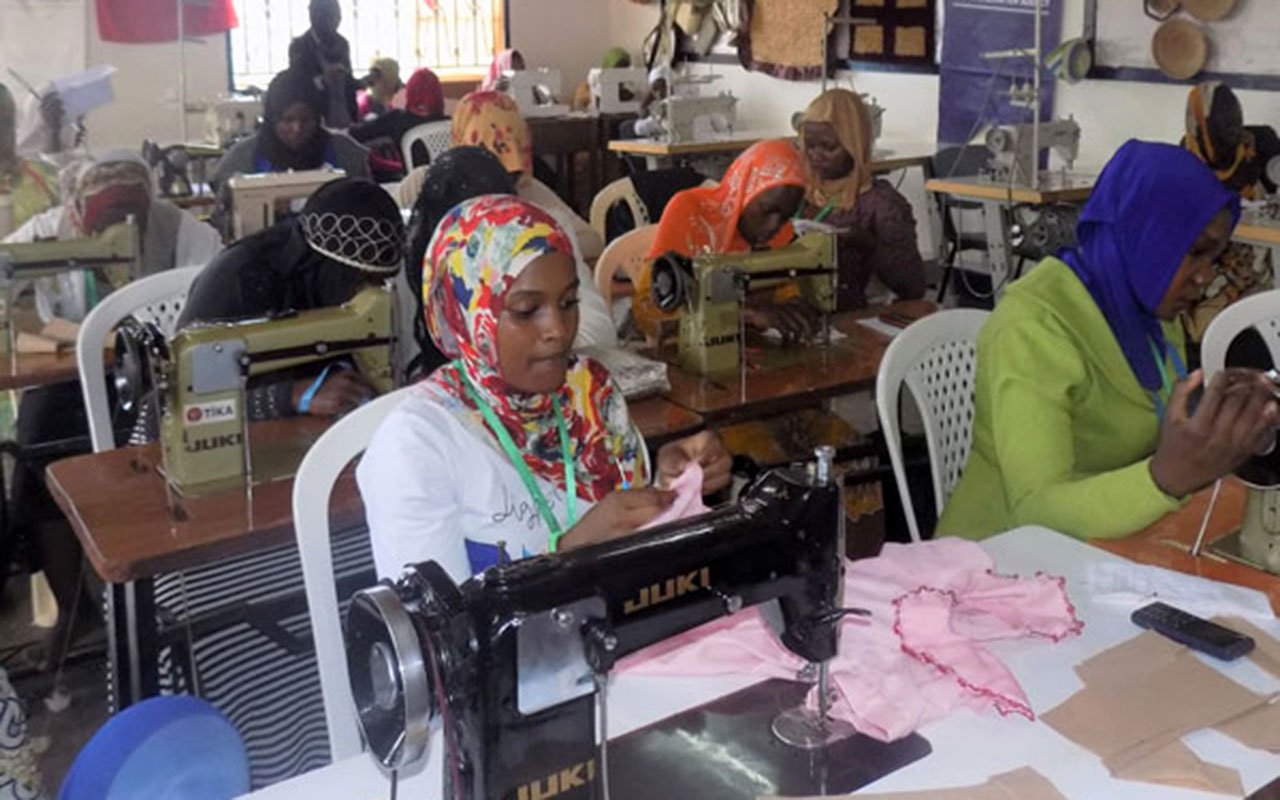Prime
Besigye and the end of activism

Author: Phillip Matogo. PHOTO/FILE
What you need to know:
- At this time, Besigye’s call to arms was so stirring it knocked the air out of our collective lungs as we screamed “Agende!”
- The ruling elite were shaken hard, as dry banana leaves rustled violently in the rushing winds of change.
It’s April, 2011. As a reaction to the mounting cost of living, many people have taken to the streets in the wake of the 2011 presidential elections.
“Walk-to-work,” as spearheaded by then FDC presidential candidate Kizza Besigye, leads to a duel between the will of the people and the teargas canisters of the authorities.
At this time, Besigye’s call to arms was so stirring it knocked the air out of our collective lungs as we screamed “Agende!”
The ruling elite were shaken hard, as dry banana leaves rustled violently in the rushing winds of change.
It was Besigye’s “cometh the hour, cometh the man” moment.
The same year, the “Arab Spring” uprisings raised the pitchfork of social media, especially on Twitter, to create a far-reaching grassroots movement that led to the uprooting of outmoded regimes in Tunisia and Egypt.
Inevitably, this spring lost its coiled energy towards jump-starting change down the gilded path of progress.
Similarly, social media’s farcical impact is the reason why Besigye’s red card campaign has failed to commodify the clarion call for change.
The technological trends in Uganda have altered traditional notions of activism. With social media being key in unlocking access to information and its decentralisation, individuals have cultivated a curiously pseudo-revolutionary landscape.
This has diminished the role of the activist leader, such as Besigye.
Social media is also a great equaliser.
Anyone, using virtual platforms, can make themselves heard and thereby define what is topical.
This levelling of the online playing field has ushered in the era of the armchair revolutionary.
To this “revolutionary,” social media responses count more than reality. So inspiration is no longer found in the sacrifices of any leader, but is instead truncated by virtual gatherings short on sense and long on engagement, likes and shares.
Thus, fact and fable have combined to ensure the revolution will not be televised, but rather live-streamed.
This has negated the power of activism in two ways.
One, by confirming Winston Churchill’s view: “The best argument against democracy is a five-minute conversation with the average voter.”
As everyone is given a voice, empty tins drown out the sense of those who know that the world will not be changed by our opinions, but by our example.
Two, although a decent 60 percent of Uganda’s population has access to a cell phone, social media penetration is still relatively low with less than 20 percent of the overall media market share.
This share is whittled down by social media’s echo chambers, revealed in how we gravitate to virtual environments where our opinions or political leanings are reinforced due to repeated interactions with peers having similar tendencies and attitudes to ours.
This, as you can imagine, does little to put the wind in the sails of cerebral contestation as our shared intellectual moorings tend to limit us to our own worldviews.
In this context, Besigye must seek to be more “transactional” than “transformative” as a leader.
So he must focus on what motivates his followers instead of what inspires them.
Thus, politics is no longer about who gets what (and for how long). But is now about who gets who in a manner so fleeting that activists no longer have the luxury of the level-headed gradualism expressed in Abraham Lincoln’s words: “Give me six hours to chop down a tree and I will spend the first four sharpening the axe.”
Instead, the furious immediacy of triviality takes hold, making it easier for our government to “wag the dog” or distract attention away from political scandal (thereby perpetuating itself) while reducing Besigye and other activists to blips on our timelines.
Mr Matogo is a professional copywriter
[email protected]




